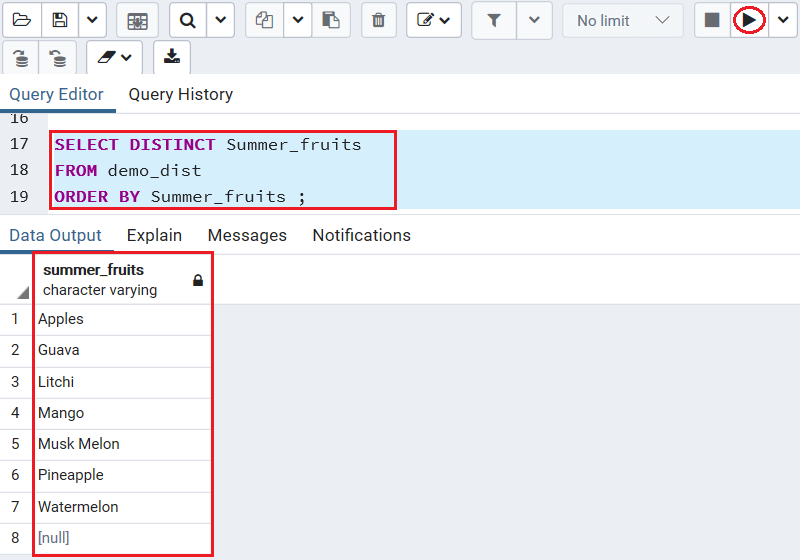

If you have a dedicated database server with 1GB or more of RAM, a reasonable starting value for shared_buffers is 25% of the memory in your system.

(Non-default values of BLCKSZ change the minimum value.) This parameter can only be set at server start. If this value is specified without units, it is taken as blocks, that is BLCKSZ bytes, typically 8kB. However, settings significantly higher than the minimum are usually needed for good performance. This setting must be at least 128 kilobytes.

The default is typically 128 megabytes (128MB), but might be less if your kernel settings will not support it (as determined during initdb). Sets the amount of memory the database server uses for shared memory buffers. Increasing the shared_buffers setting in the nf file might help alleviate the performance issue slightly, by allowing PostgreSQL to store more data in memory. PostgreSQL is going to painstakingly read row for row as can be seen in your explain plan. Reference: Slow Counting (PostgreSQL Wiki)īecause of that, there is no faster way (for PostgreSQL) to read the 94 million + rows. This normally results in a sequential scan reading information about every row in the table. PostgreSQL must walk through all rows to determine visibility. The fact that multiple transactions can see different states of the data means that there can be no straightforward way for "COUNT(*)" to summarize data across the whole table. The reason is related to the MVCC implementation in PostgreSQL. Trigger_log_awb_box AFTER INSERT ON doc_details FOR EACH ROW EXECUTE FUNCTION log_awb_box() "doc_details_trans_ref_number_idx" btree (trans_ref_number) "doc_details_pkey" PRIMARY KEY, btree (id) CLUSTER Invoice_date | timestamp without time zone | | | Updated_at | timestamp(0) without time zone | | |Īrrival_datetime | timestamp(6) without time zone | | | Shipper_telephone | character varying(30) | | |Ĭreated_at | timestamp(0) without time zone | | | Shipper_city | character varying(30) | | | Shipper_province | character varying(30) | | | Shipper_country | character varying(60) | | | Shipper_name | character varying(100) | | | Postal_code | character varying(20) | | |Īssignee_telephone | character varying(30) | | | Service_code | character varying(20) | | |ĭestination_code | character varying(20) | | |Īssignee_name | character varying(100) | | |Īssignee_province_state | character varying(30) | | |Īssignee_city | character varying(30) | | | Transportation | character varying(100) | | | Parcel_size | character varying(30) | | | Operations_no | character varying(30) | | | Lm_tracking | character varying(30) | | not null |Ĭargo_dealer_tracking | character varying(30) | | not null | Outbound_time | timestamp(0) without time zone | | | Trans_ref_number | character varying(30) | | not null | Id | integer | | not null | nextval('doc_details_id_seq'::regclass)
Postgresql count how to#
(I don't know how to get the row size in kb/mb)Ĭolumn | Type | Collation | Nullable | Default
Postgresql count windows#
I'm using Postgresql 12 under Windows 2019. What do i need to configure or adjust in order to improve data query and retrieval?
Postgresql count full#
I've tried clustering, vacuum full and reindex but the performance didn't improve. It takes 20+ minutes to get the row count results. I'm trying to optimize a table containing 80million+ rows.


 0 kommentar(er)
0 kommentar(er)
